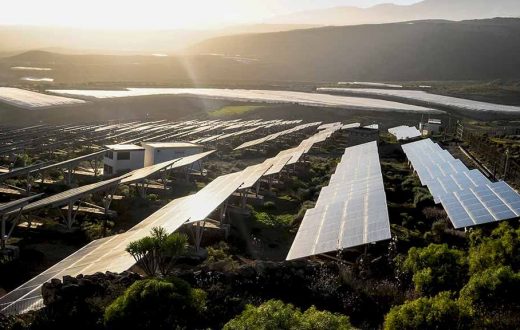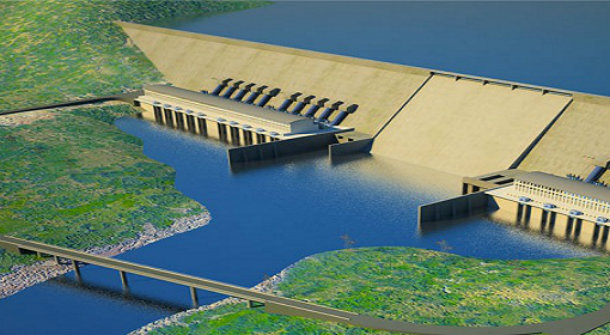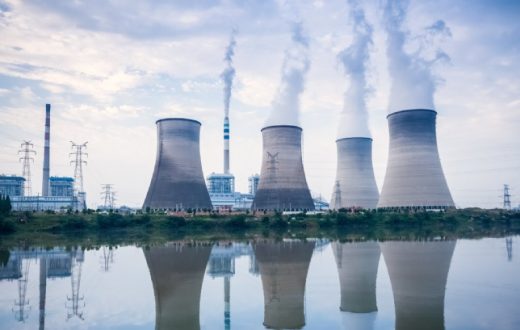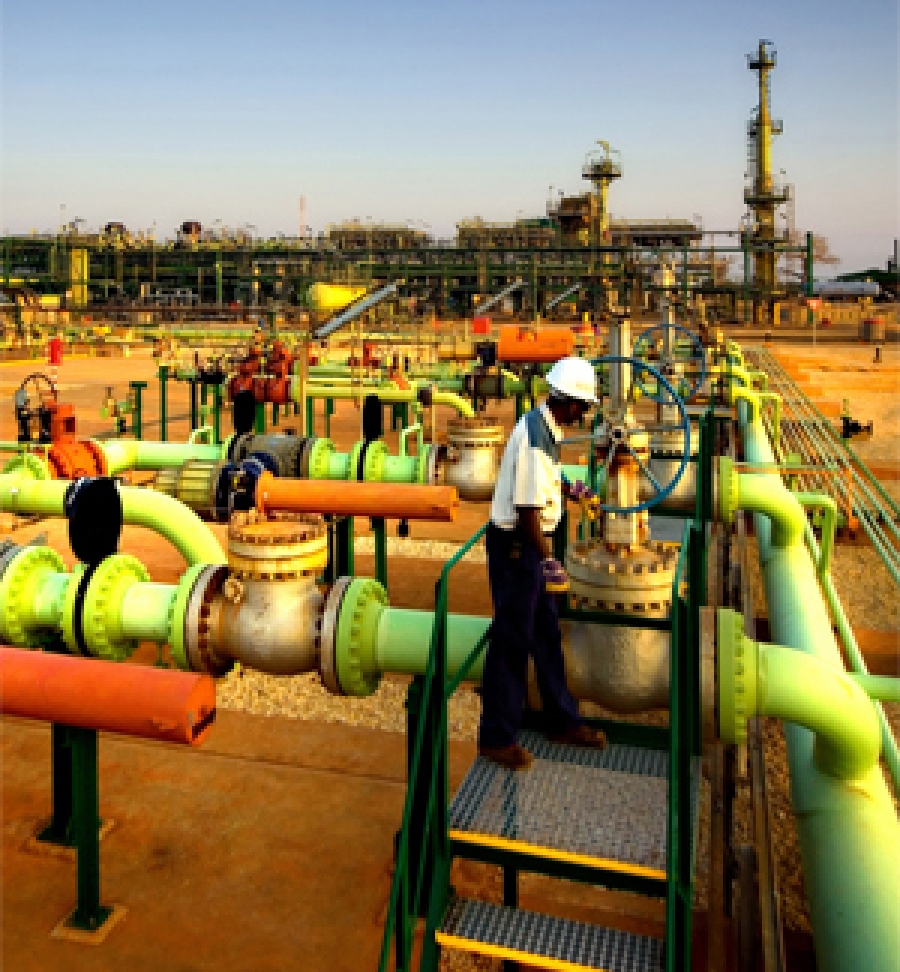Creating a favorable environment for local investment
The energy landscape in Nepal continues to shift, with the increase in demand. Today, almost the totality of energy is being generated from hydropower. However, 21 million people still rely on energy supplied form biofuels and waste. The constrained production of the energy for the domestic supply, along with the rising energy security concerns, has attributed to the greater significance of coal. Also, the rising import of the region’s dependence on oil has accumulated worrisome picture for the future of the country. In alignment with the ambitious goal of achieving the production of 15 gigawatts to meet the increasing domestic demand for electricity, Nepal needs to increase investment more in the energy sector. This has been further echoed by the World Bank report, emphasizing on the twofold to fourfold increment in the public and private investment to mobilize the existing energy resources and explore the sector’s export potential. As per the report, the investments in the electricity sector will have to be increased substantially to an average of $1.3 billion to $2.1 billion annually between 2018 and 2040.
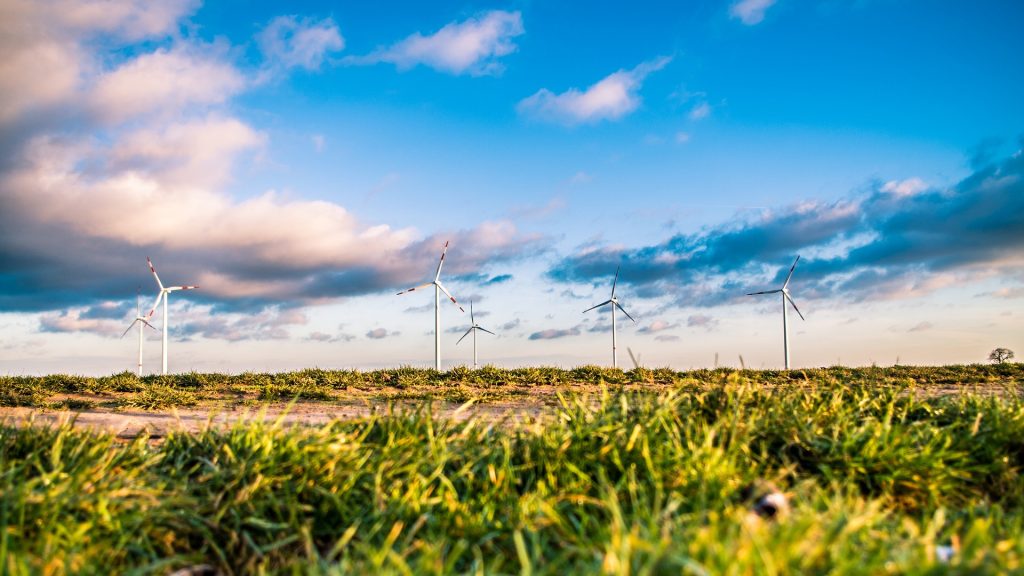
As a landlocked country, Nepal has always been banking on the potential of hydropower to accelerate the country’s economic amelioration, with the hope of alluring foreign investment in the power sector. During a couple of past summits on energy, the key of attracting foreign investment on the hydropower has been the much-discussed topic, with Nepal’s President Bidhya Devi Bhandari stating “In the wake of major political change in the country, our main goal is to achieve rapid economic growth,” at the Power Investment Summit 2018. “We need to develop infrastructure to promote our economic development. Harnessing hydropower is an infrastructure development and constitutes a base for prosperity.” The litany of the former conferences on energy, hydropower has always highlighted the same issue of mobilizing hydropower with an increase in foreign investments. However, with the outcome of little ineffective results, and no follow up action taken, the so-called strategy of holding conferences have yielded hopelessness among Nepalis.
In the coming days, instead of only focusing on alluring foreign investments, Nepal’s accomplishment in the energy sector in the recent past should be discussed, with the focus on how Nepalis can also actively participate in the regional energy trade, transmission lines infrastructure, and financing. Nepal has the potential and should be embodied as the source of clean hydropower for the Asian region. And undoubtedly, Hydropower is the sector that can draw the public’s attention on investments. Initiatives and efforts must be made to remind and persuade people to invest in the hydropower sector and protect the money that is being put into energy by thoroughly expanding domestic and regional demand for the electricity generated. Meanwhile, the other developing nations around the same region have succeeded in exploring their resources to value chain in manufacturing and garments and have consequentially attracted investors. These countries have also succeeded in attracting their diaspora to invest back in their home origin. Nepal, on the other hand, has continuously failed in meeting the demand of Nepalis residing overseas for special provisions to non-residents.
Thus, the question remains, why is Nepal’s progress stagnated? The accumulation of all the factors ultimately boils down to poor governance and shared by a lack of accountability. Furthermore, efficient formulation of policies with effective implementation catered towards a proper national vision is in short shortage. The government much be proactive in carrying out all the energy-related development activities. Recently, Barshaman Pun, Minister for Energy, Water Resources and Irrigation has emphasized his dissatisfaction with the government for their inactive approach towards the country’s development, at the 12th National Irrigation Seminar. Attributing to the recent smoothness in stable government, with no protest and manifestation, he enquired in the slowdown of spending development budget and ignited on how every political party and administrative representative should review the work. Furthermore, instead of finding solutions to the problem, redefining the problem to tackle its root causes should be the mentality going forward, and this is exactly the reason why people are so pessimistic. The government always rushes towards holding various energy Investment Summit for the sake of a summit and attracting foreign investment without even beginning to address the root causes.
Foreign investors are only allured to put their penny into the country that promises good results, a country that provides good incentives and economic transparency with a guaranteed absence of bureaucratic troubles. It is hard to entice investors to the country, even when the Nepali business sector discerns their profound reluctance to invest and start their business in their own country. Thus, the attention now needs to be diverted to improving transparency ineffective handling of governance, to provide environment and opportunities for local investment in the renewable sector to meet the regional demand of the country.



